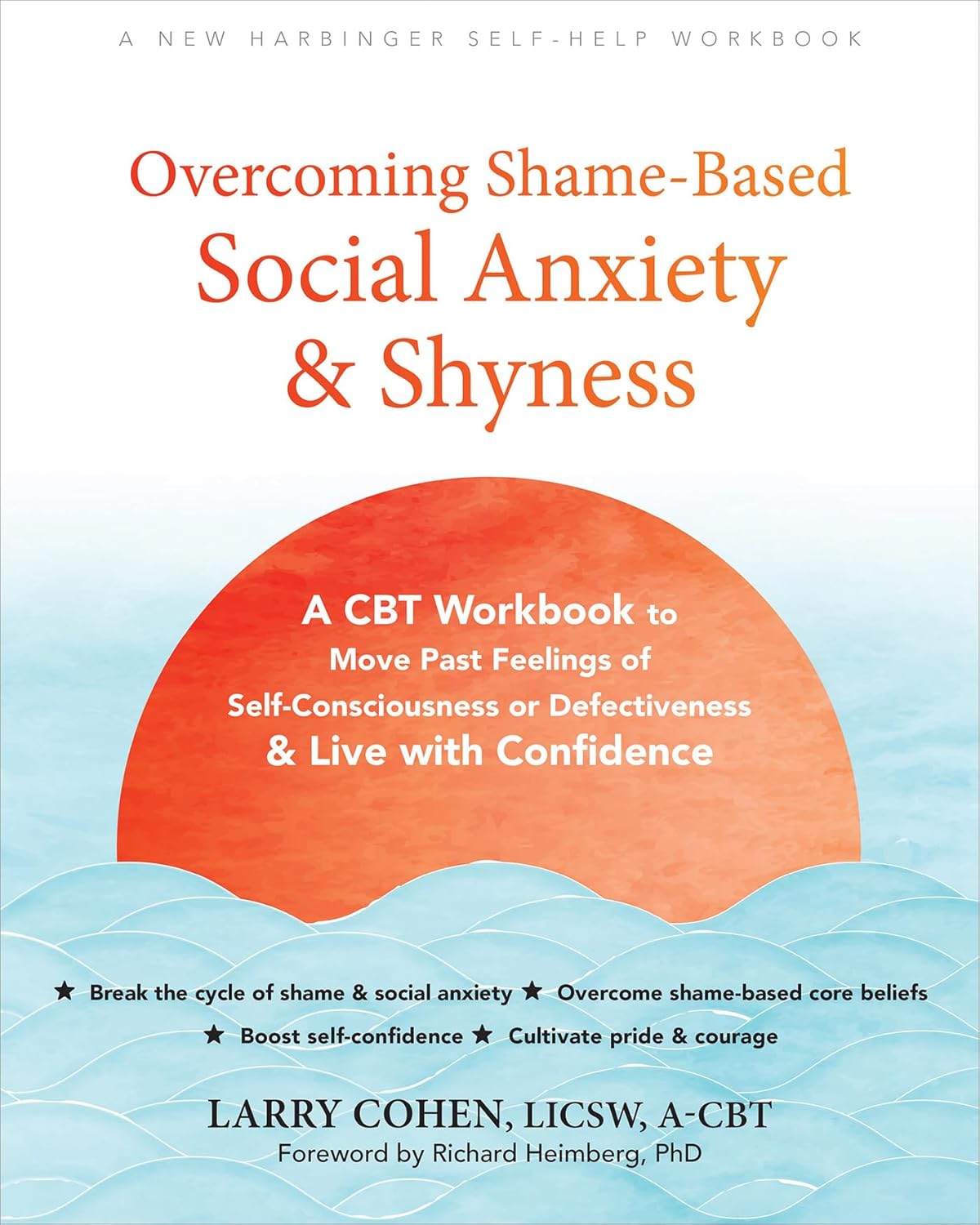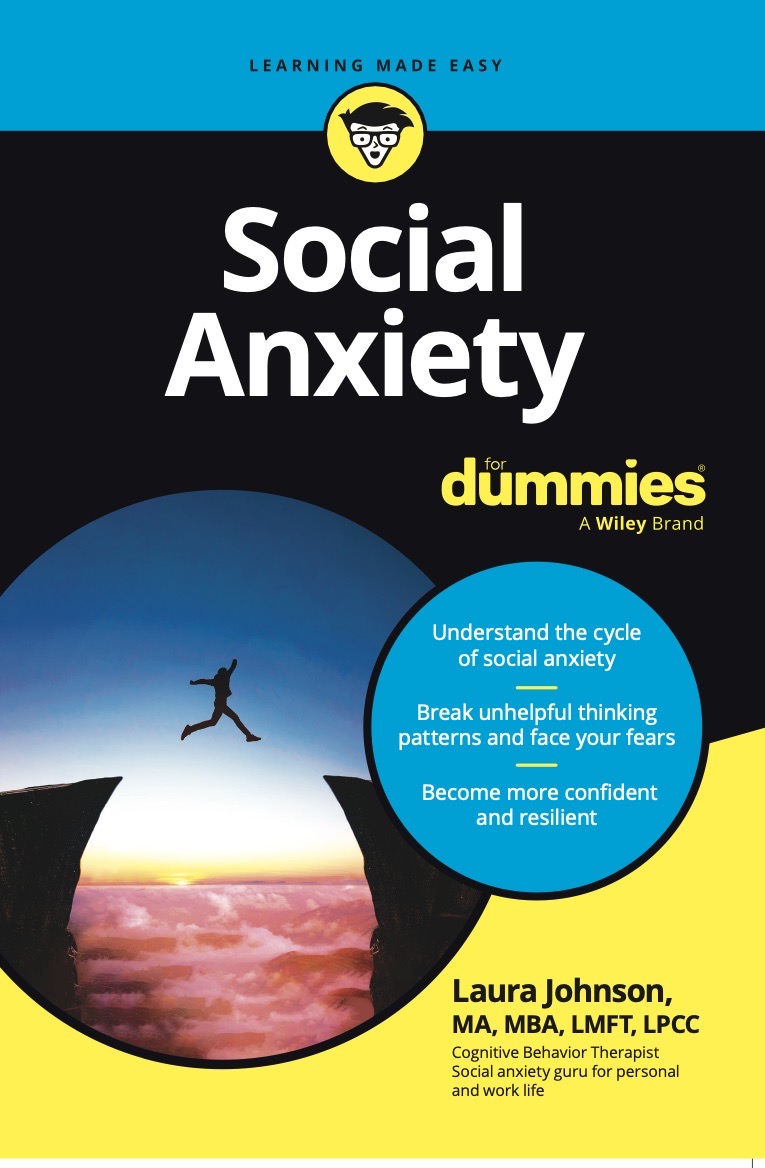The road to developing a relationship, be it platonic or romantic, is complex. Conversation is often the medium used for determining compatibility, identifying shared interests and expressing attraction. Communication can range from non-verbal (such as body movement or facial expression) to verbal (such as the words used, tone or style). Small talk is one conversation style that people engage in to get to know one another and to deepen relationships. This type of conversation style usually involves asking questions or sharing information. It can be done in a matter-of-fact or serious tone. It can also be done using humor or levity.
People with shyness and social anxiety sometimes find making small talk very difficult. Typically they have beliefs about themselves and others that contribute to anxiety and avoidance of these interactions. Some of these beliefs include: “I won’t know what to say,” “I don’t know enough about a particular topic,” “They’ll be bored with me,” or “My mind will go blank and we’ll both feel awkward.”
It is important to remember that having a thought is not the same as that thought being true. The following are some helpful tips for gently challenging anxious beliefs that may arise during small talk conversations.
You don’t need to be an expert on a particular topic to engage in small talk. All parties in a social exchange are equally responsible for keeping the conversation going. While small talk might be the first impression that others form of you, there may be other chances for them to see other dimensions of your personality. The ability to have interesting and engaging small talk is a skill that can be developed through practice, much like learning a foreign language or a musical instrument
Remembering these tips may help you to increase your confidence during small talk. If you continue to struggle with anxiety getting in the way of developing your desired relationships, cognitive-behavioral therapy (CBT) may be able to help you reach your goals. CBT for shyness and social anxiety offers the opportunity for individuals to learn to identify, test out, and ultimately change the beliefs that contribute to anxiety and get in the way of the development of meaningful relationships. Contact your regional NSAC office today for more information or to schedule an appointment.
John R. Montopoli, LMFT, LPCCCofounder, National Social Anxiety Center; Director, NSAC San Francisco
jrmontopoli@gmail.com; (415) 689-4131
Share this blog post.











